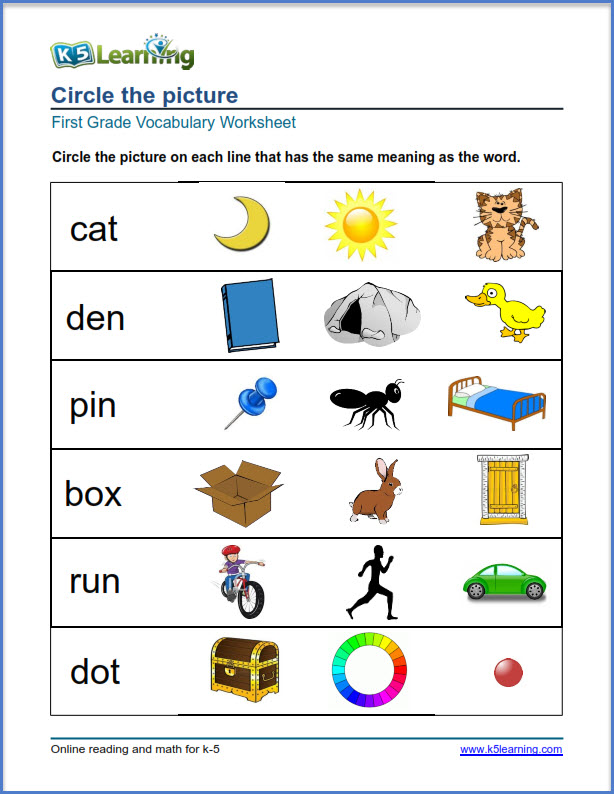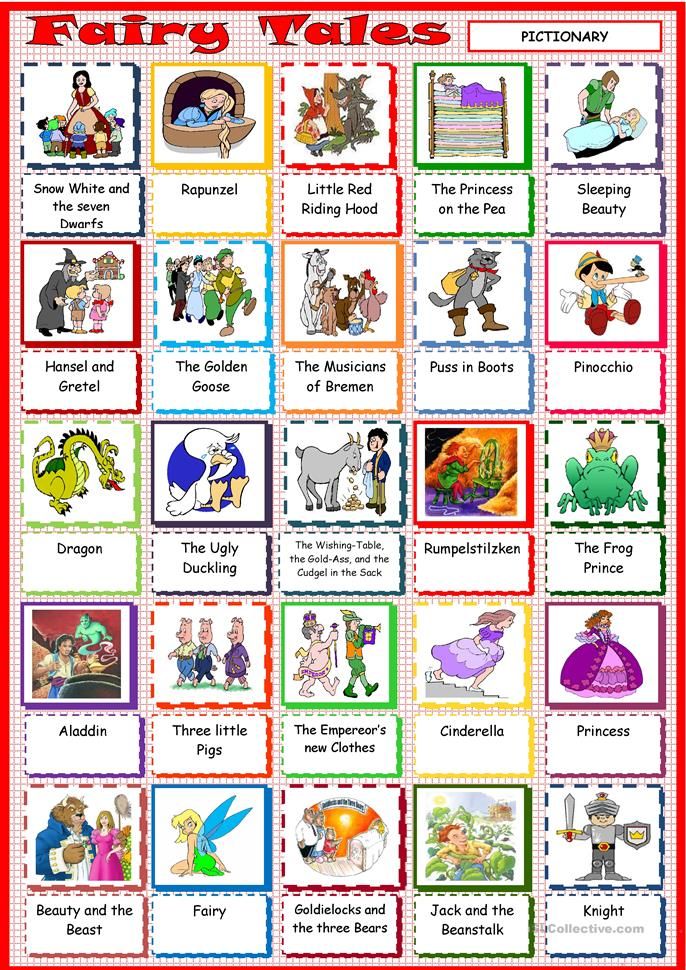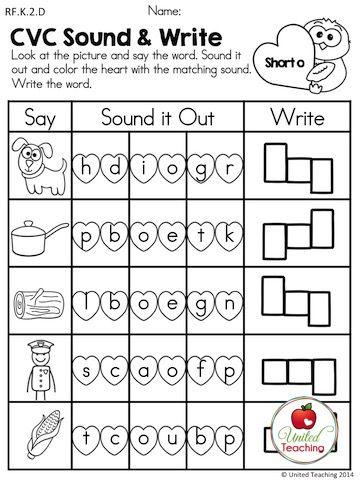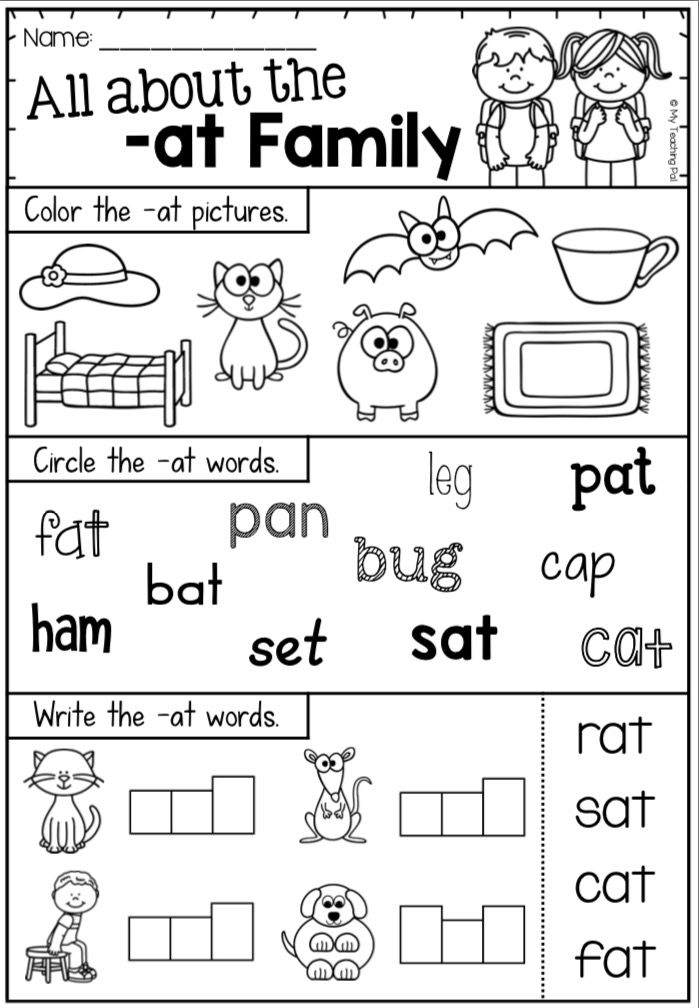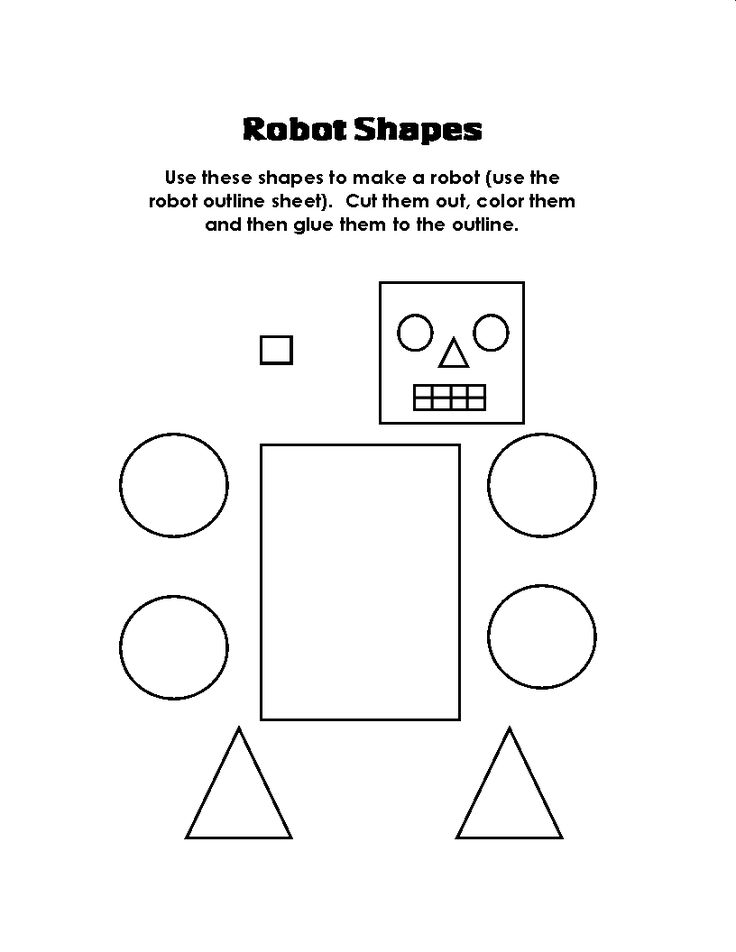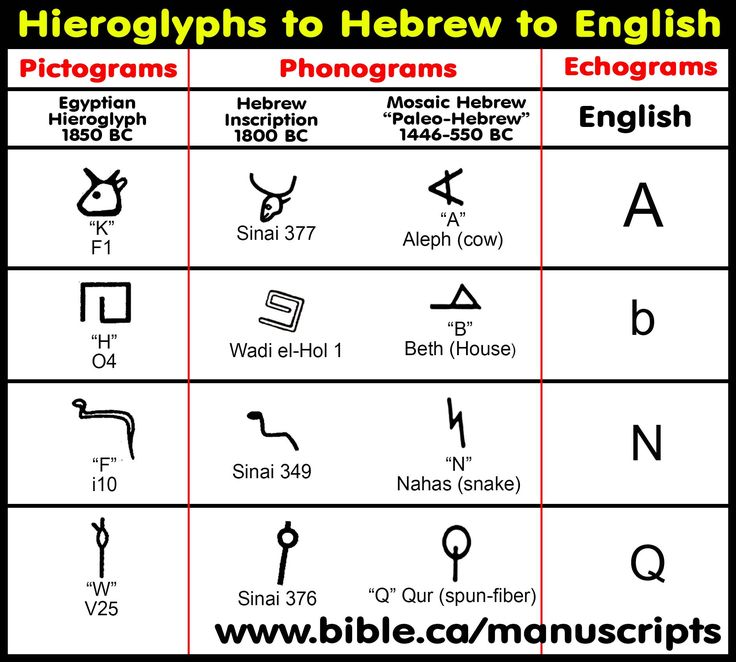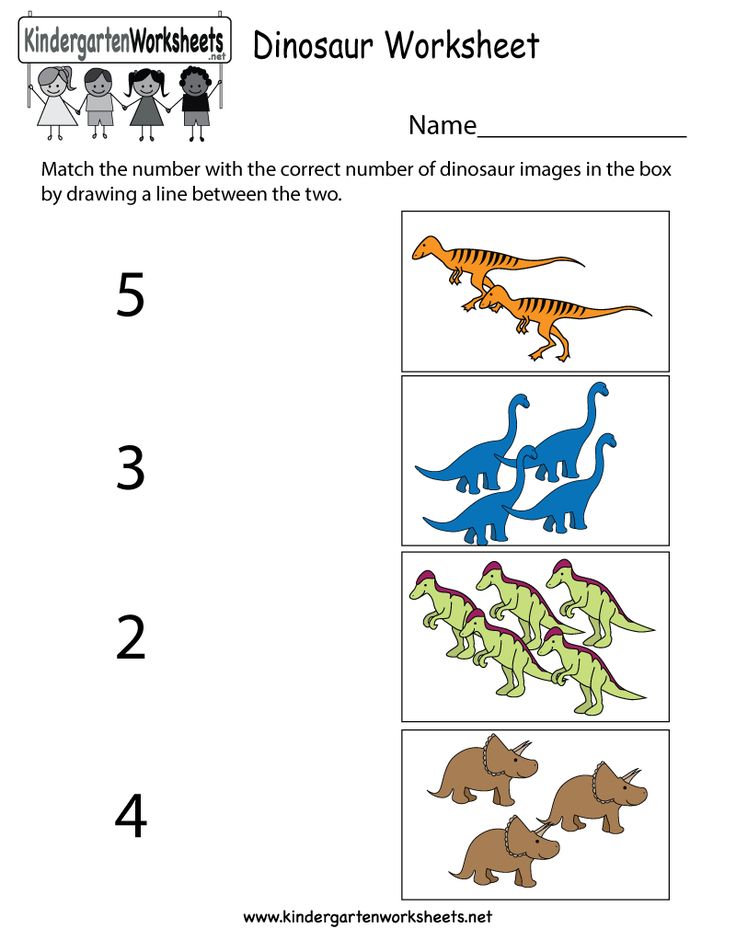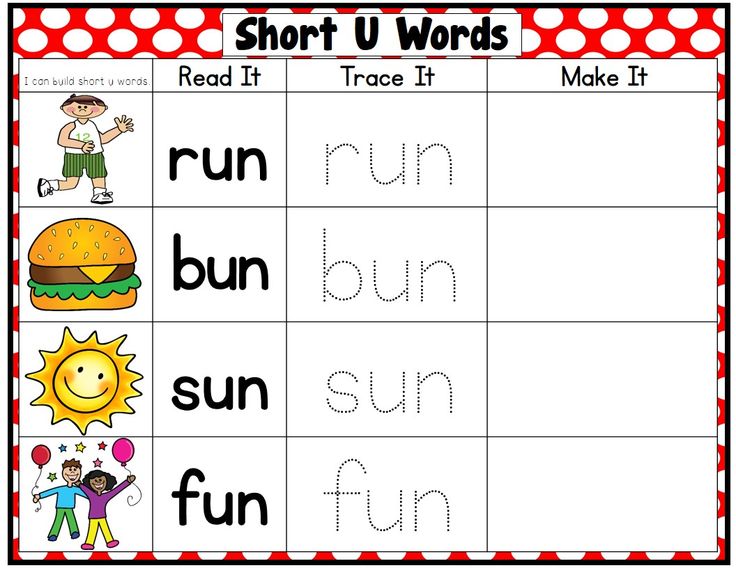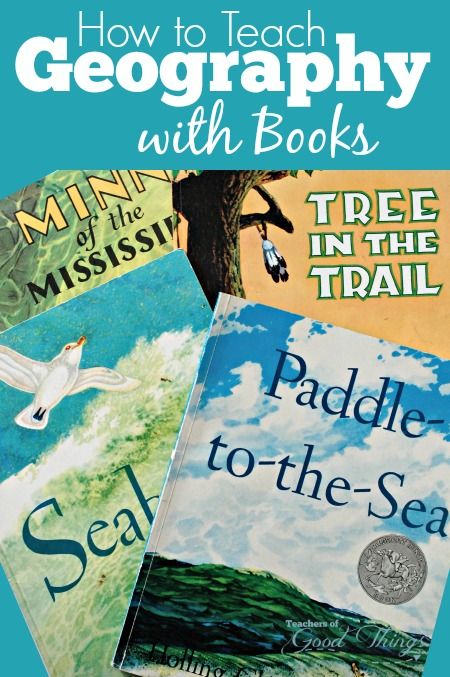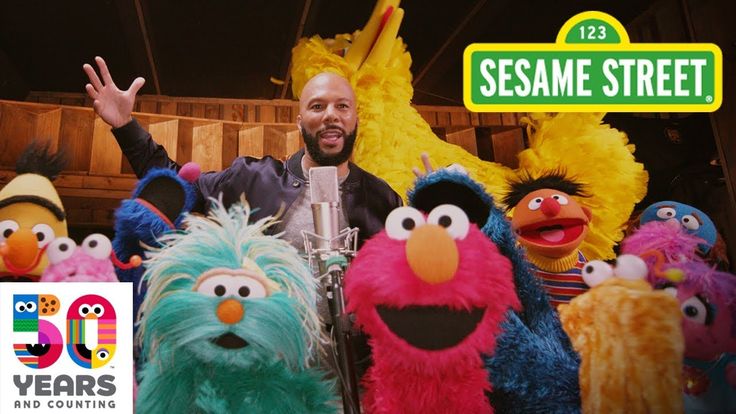Games to help learn spelling words
Classroom Spelling Games for Grades 2-6
Looking for an engaging spelling game to play with your students? Look no further! We’ve collected together a fun list of classroom spelling games suitable for students in grades two to six.
1. Buzz Off Spelling Game
Have students stand in a circle. Choose a person to start and say the word to spell. In succession moving from person to person around the circle, each student says the next letter in the word until the entire word is spelt. The next student says ‘buzz’ and then the next ‘off’ and that final student sits down. Any student whose letter misspells the word also has to sit down. Keep playing until only one student remains standing.
2. Spelling Team Tic Tac Toe #1
Divide students into two teams. Draw a large tic tac toe grid on the whiteboard. Students from each team take turns to orally spell an allocated word correctly. If they are correct, they add an x or o to the grid for their team. First team to three in a row wins the round.
3. Spelling Team Tic Tac Toe #2
Divide students into two teams. Draw a large tic tac toe grid on the whiteboard. Give each team a different coloured whiteboard marker. Students from each team take turns to spell an allocated word directly onto their choice of square on the tic tac toe grid. If they spell the word incorrectly it is erased. First team with three correctly spelled words in a row wins the round.
4. Snowball Spelling Game
Onto a small sheet of white paper write the grapheme for a sound the class has been studying, e.g. ‘ir.’ Scrunch the paper up into a ball. Throw the paper ball to a child who must unwrap the paper and say a word containing that sound. The child then throws the paper ball to another child who has to spell the word. They then throw the ball to another child who has to say a sentence that includes the word. They then throw the ball to another child who starts the sequence again with a new word that includes the sound.
5. Spelling Swat It!
Divide students into two teams. Write the spelling words randomly onto the whiteboard.
Stand the first two players, with their backs to the board, a short distance in front of it. Give them each a plastic fly swat.
Call out a clue to identify the spelling word. For example, “This word means…” or “Rhymes with …” The two players must then race to be the first to swat the correct word on the board. The winner must then turn away from the board and spell the word correctly to win a point for their team.
6. Spelling Word Relay
Divide the students into teams. Each team lines up a short distance away from the whiteboard, facing the board. The first person in each team starts with a whiteboard marker.Call a word for the students to spell. The first student in each team races to the board and writes the first letter of the word and then runs back to pass the marker on to the next team member who writes the next letter of the word, and so on.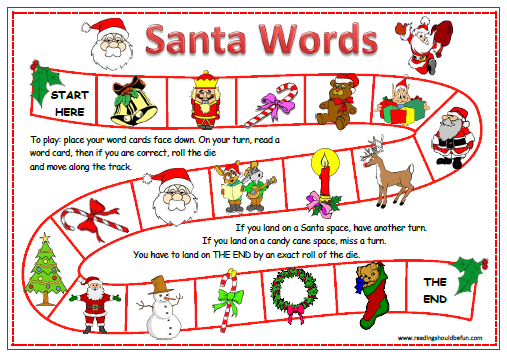 Team members can correct an incorrect letter on their turn but they may not add a new letter. The first team to correctly spell the word scores a point.7. Spelling Who Am I?
Team members can correct an incorrect letter on their turn but they may not add a new letter. The first team to correctly spell the word scores a point.7. Spelling Who Am I?
Write each spelling list word onto a post-it note. Divide students into two teams. The first student from the first team sits on a chair at the front of the room, facing the rest of her team. Place the first post-it note onto the student’s forehead. The goal is for the chosen student’s teammates to give him or her clues to what the word on his forehead is, without revealing the word directly. They can use rhyming words, synonyms, antonyms, guestures, etc. After they guess the word correctly, the student then has to spell the word. If they spell the word correctly, they score a point for their team. Repeat with the first team member from the second team, and so on.
8. Unscramble
Line students up into two or three teams facing the class whiteboard. The first person in each team has a personal whiteboard and a whiteboard marker and an eraser and turns to face away from the class whiteboard.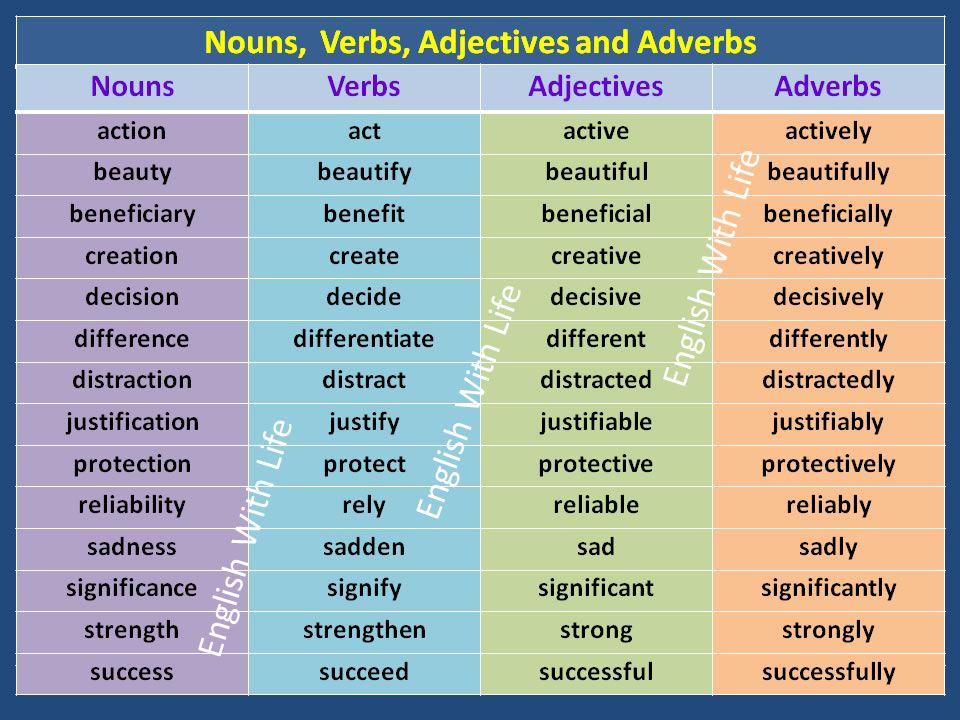 Write a jumbled version of the first spelling word on the class whiteboard. On ‘Go!’ the team members turn to face the board. The first of these students to write the unjumbled word (spelled correctly) onto their personal whiteboard and holds it up to the teacher wins a point for their team. They then pass the whiteboard onto the next team member and play continues with a new jumbled word for each round.
Write a jumbled version of the first spelling word on the class whiteboard. On ‘Go!’ the team members turn to face the board. The first of these students to write the unjumbled word (spelled correctly) onto their personal whiteboard and holds it up to the teacher wins a point for their team. They then pass the whiteboard onto the next team member and play continues with a new jumbled word for each round.
9. Missing Letters
Played in the same manner as Unscramble but the words are written onto the classroom whiteboard with blank lines in the place of some of the letters. For example, b_c_ _se for the word because.
10. Invisible Man
Line students up into two teams facing the whiteboard. Draw two large stick people on the whiteboard, one in front of each team, each must have the same number of body parts. Call out a word for the first member of team one to spell. If they spell it correctly they may erase one body part from the other team’s stick person.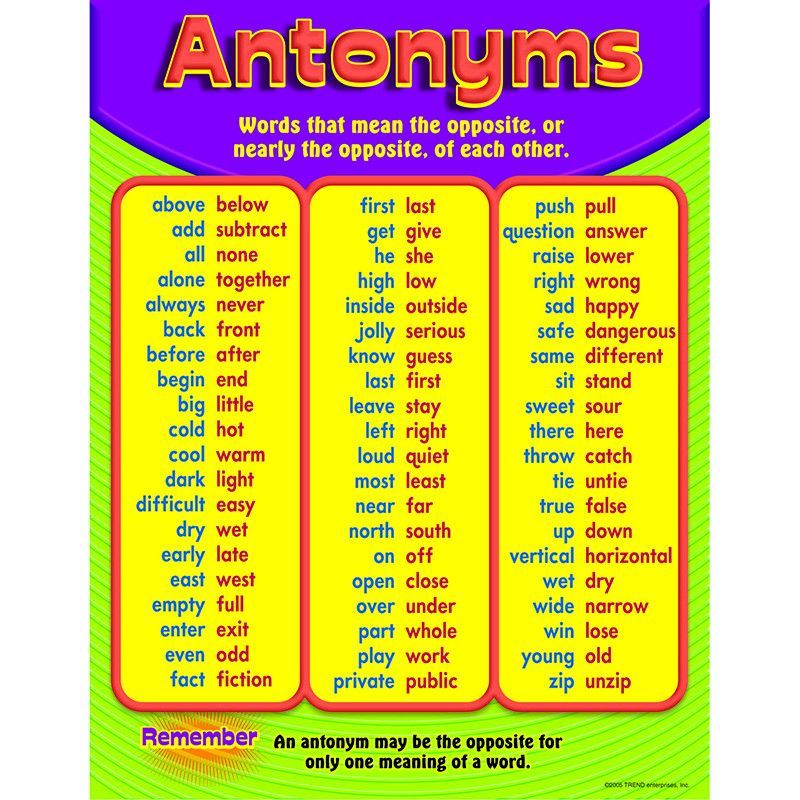 Call out a word for the first member of team two to spell, and continue on until one team’s stick person is completely erased. The erasing team is the winner!
Call out a word for the first member of team two to spell, and continue on until one team’s stick person is completely erased. The erasing team is the winner!
11. Spell-O
Each student chooses five spelling words and writes them onto a piece of paper. Write the alphabet in large print across the whiteboard. Cross out the letters of the alphabet, one by one. As each letter is crossed out, students cross out that same letter as it appears in each of their own words. First student to cross out all of the letters in all of their words wins.
12. Dictionary Challenge
This game works best with students in the upper elementary/primary grades. Divide students into teams. Each team will need a dictionary. Students choose a player from their team to go first. Call out a word. The elected students from each team race to be the first to find the word in the dictionary. The person who succeeds scores a point for their team. The dictionary is then passed to the next person in each team and the process repeated.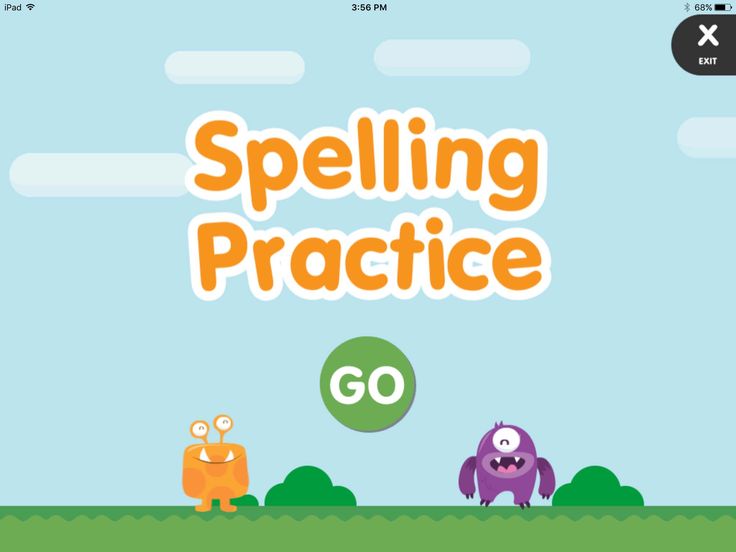
Christie Burnett is a teacher, presenter, writer and the mother of two. She created Childhood 101 as a place for teachers and parents to access engaging, high quality learning ideas.
Practice Spelling Words with 21 Obvious & Crazy Games for Kindergarten
You are here: Home / Activities / Learning / Literacy & ABCs / How to Help Kindergarten Kids with Spelling Words Practice through Crazy Fun Games
14 Sep
Literacy & ABCs
SponsoredGrade SchoolKindergartnersResources
Spelling4 Comments
SHARE POST
Let’s make spelling words practice fun for kindergarten kids with some crazy fun games and a few common ideas too!
A friend recently told me that she doesn’t know ways to practice spelling words at home with her kids.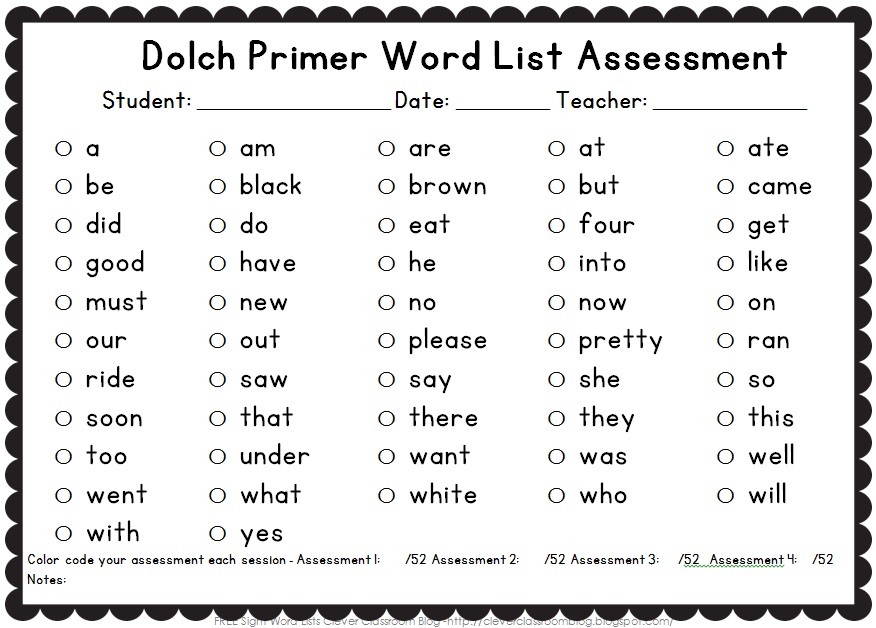
I didn’t have any tips for her right off hand except to make it fun.
So it got me thinking about different ways we’ve practiced spelling words, or done any kind of homework for that matter.
For the most part, my kids don’t have homework.
Their homework each week has been to practice sight words or spelling words and read.
That’s pretty much it!
They’ve never brought worksheets home that they have to do (yay!).
I’ve talked about common core in the past, and using Be A Learning Hero to find out what your child needs to know each year in school. These standards are set in place to help students be better prepared down the road.
Henry has always been a fast learner, so learning his spelling words has never really been an issue for us.
But we still practice the kindergarten spelling words throughout the week with little games and activities.
Every Monday he gets a list of words to learn and on Friday he has a spelling test.
And lately, the list of words is around a concept (like short a, or Long a CVCe), and then he gets two bonus words on the test to see if he grasps the concept.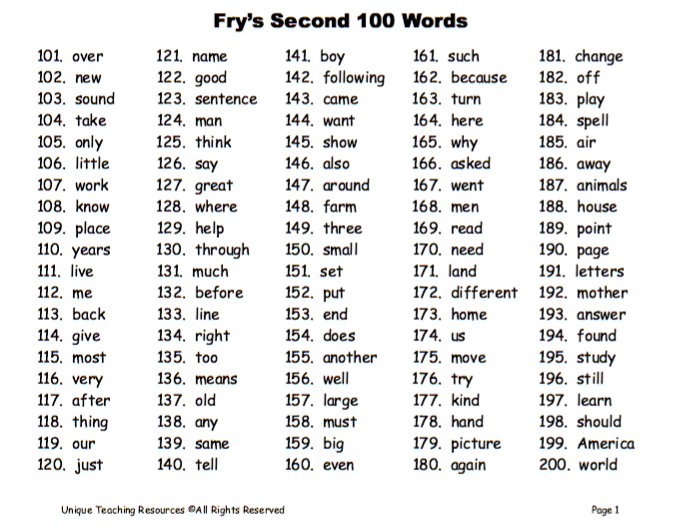
Most weeks, I take it pretty easy in practice and this is what we do…
5 Obvious Ways to Practice Spelling Words:
- Make a number code. Number the words on the spelling list and then write a list all mixed up to find and write the word. You can save a copy of this doc that I use for each spelling list.
- Write spelling words but leave out letters and put a blank instead for him to figure out what letter it should be (based off his list).
- Make a scrambled spelling words game and have your kindergarten child put them in the right order.
- Ask to spell random words off the spelling list (and others that are similar in concept) throughout the day.
- Use worksheets sometimes. I have found several places online that you can change out the spelling list week after week for their worksheets. These are my faves: make your own printable word shapes worksheets, word scrambler and word search maker.
Now… there have been times when we need to work on a spelling word more and that’s when we try to make it more fun with kindergarten games!
That’s where hands on learning and activities comes into play!
16 Crazy Fun Games to Practice Spelling Words for Kindergarten
Go on a Treasure Hunt
Draw a treasure map, or use your house plans, to hide letters of spelling words to find using the map.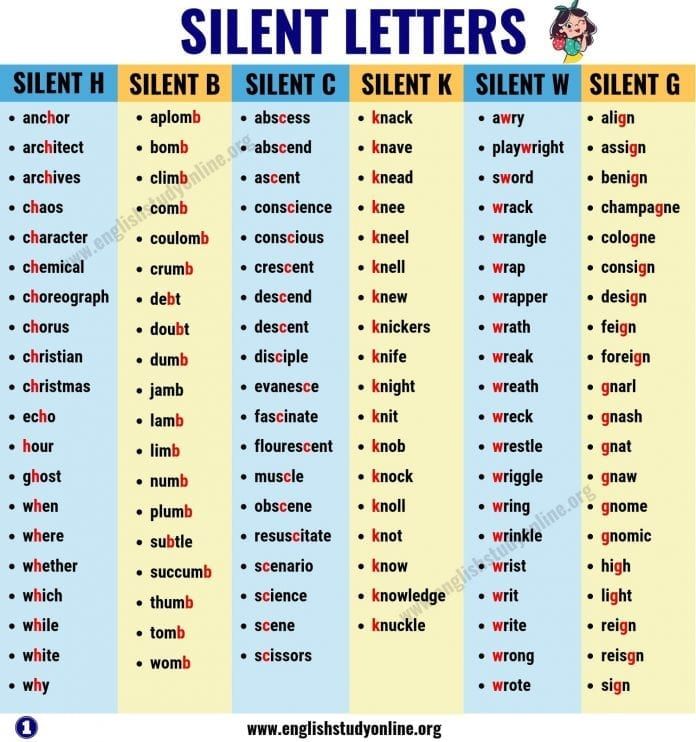 See how we did it with sight words. What child doesn’t love a good treasure hunt game to help make learning fun!
See how we did it with sight words. What child doesn’t love a good treasure hunt game to help make learning fun!
Kindergarten Spelling Hangman Game
Play a game of hangman to practice spelling words! If you don’t know how to play, check out School Time Snippets
Sensory Shaving Cream Writing
Squirt some shaving cream on a tray and just write the spelling words to practice! Super simple, educational and a little messy too.
Spelling Words Letter Egg Hunt
Hide letters of the spelling words in plastic eggs around the house. Find each letter to put together the spelling words!
Spelling Bean Bag Toss Game for Kindergarten
Put together your ABC Mat on the floor and use bean bags to toss onto each of the letters to practice spelling words.
Spelling Bracelets with Letter Beads
Use letter beads to make a bracelet, spelling their words as they make it! Take them apart and do it again or save them for a little vocabulary accessory!
Spelling Words Practice with Typing
Just use your computer! Open a word doc and have them type the spelling words over and over again! See how we did it to learn to spell their names.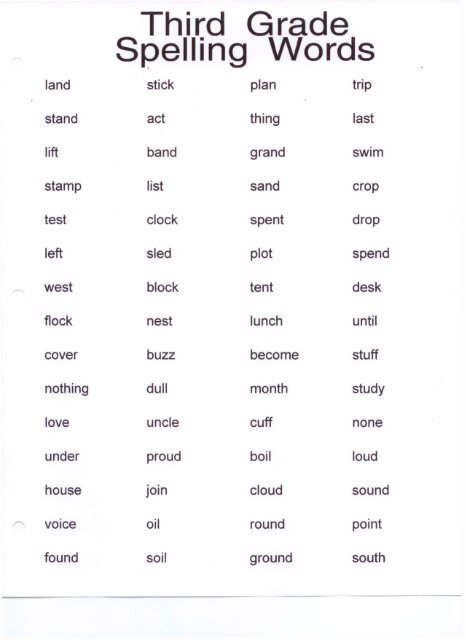 Bonus, your child is getting a little typing education too!
Bonus, your child is getting a little typing education too!
Clip & Match Spelling Words Fine Motor Game
Write a spelling word on a craft stick and then each letter on a clothespin to make the word! Check out this clip and spell from How Wee Learn!
Triple Trace It!
Trace and repeat kindergarten spelling words with this fun game! Write the spelling word on paper, trace it with a highlighter and then trace it with glue and again with yarn! Repetition is great! See how we did this triple tracing with names.
Spelling Game with Nuts & Bolts for Kindergarten Homework
Write the letters of the spelling words on nuts and have them tighten them onto bolts to spell the words correctly! This one’s from No Time for Flash Cards. (shown in collage above)
Spelling with Bent Q-Tips
Bend Q-Tips into 3 shapes (find out how here) to make any letter of the alphabet! Spell words! This one is a great interactive option for any ABC activity!
Make Sensory Cards for Spelling
You can make sensory spelling word cards with some glue and salt. A Mom with a Lesson Plan then as three ways you can help your kids practice spelling with them!
A Mom with a Lesson Plan then as three ways you can help your kids practice spelling with them!
Spell with Cooked Spaghetti
Write their spelling words with cooked spaghetti! This one will definitely make education a fun time! Another one from A Mom with a Lesson Plan!
Make Spelling Words Chains
Make a paper chain with letters to spell words! (Add Velcro to make it reusable too!)
Practice Spelling with Fun Sensory Bags
Write your spelling words on a sensory bag with a Q-tip! From Scribble Doodle and Draw. This one is for for any phonics practice you need to work on!
Make a Scribble Game for Kindergarten Spelling Words
Scribble and spell! See how many times you can write your spelling words in a section of a scribble! (I found this one at Juxtapost, but I’m unsure of the origin, please correct me if you know better.)
Even more free places to find games and other fun ways to practice spelling words perfect for Kindergarten:
- 75 Fun Ways to Practice and Learn Spelling Words from Mom to 2 Posh Li’l Divas
- 50 Hands-On Spelling Activities from This Reading Mama
- 50 Fun Ways to Learn Spelling Words from Our Three Peas
- Ways to make Spelling Fun and 25 Spelling Activities from A Mom with a Lesson Plan
- Many of the name writing activities can be used to write spelling words too! It’s great to physically write the word to learn it.
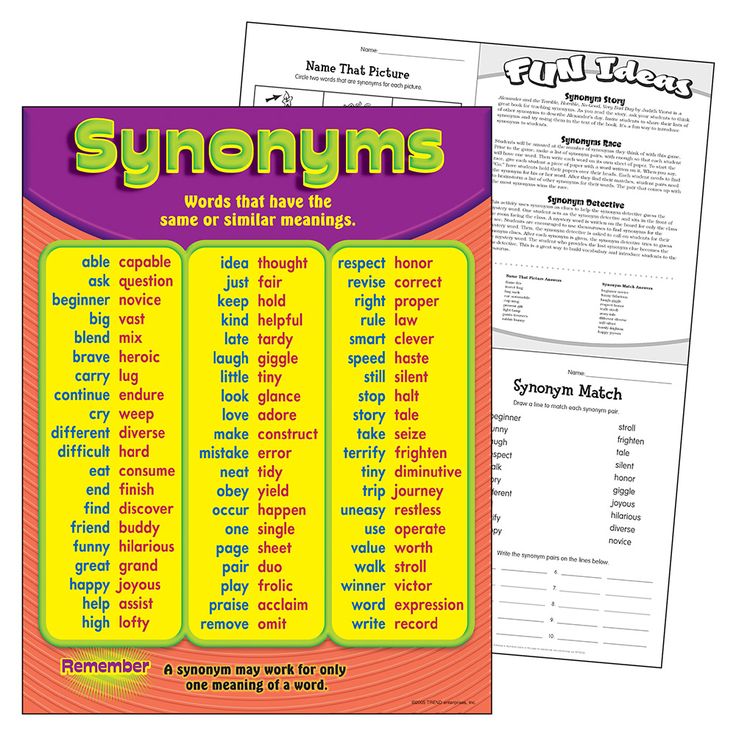
What are some of your favourite games to play when working on spelling with your kindergarten child at home?
Share your ideas with us in the comments! We would love to hear them!
SHARE POST
About Jamie Reimer
Jamie learned to be a hands on mom by creating activities, crafts and art projects for her three boys to do. Jamie needed the creative outlet that activities provided to get through the early years of parenting with a smile! Follow Jamie on Pinterest and Instagram!
Reader Interactions
4 English Spelling Games
Unnecessary, professor, irresistible, conscientious is just the beginning of the list of words that fall into the category: "Challengers for the maximum number of spelling errors in one word."
When studying words, students remember their pronunciation, but not their spelling. It is a fact.
So when it comes to writing assignments or dictations, the result leaves much to be desired. The problem of spelling concerns students of all ages and does not depend on the level of language proficiency. These exercises will help your students with vocabulary review and spelling practice.
The problem of spelling concerns students of all ages and does not depend on the level of language proficiency. These exercises will help your students with vocabulary review and spelling practice.
Is that your final answer?
Step 1 . Prepare pictures with images that match the words from the topics covered. Divide the group into two teams.
Step 2. When everyone is ready, show the first picture. The first team to identify the word gets the first chance to try writing it.
Step 3. After collective discussion, the team announces its final answer. If everything is correct, the team gets a point, if there is at least one mistake in the word, then the second team gets the opportunity to spell this word.
The team with the most points wins.
Spelling circles
Step 1. Prepare a list of words to repeat. Divide the group into two teams.
Step 2 . Divide the board in half and write the alphabet on both sides.
Step 3. At the same time, a participant from each team comes to the board. The object of the game is to circle the letters in the alphabet from the word you have spoken. To complicate the task, you can insist on circling the letters in the order they appear in the word.
For higher levels, instead of saying the word itself, use its explanation so that students first have to guess what it is about before finding those letters in the alphabet.
Step 4. Then the players change and continue to trace the letters of the new words. If none of the players could find all the necessary letters, the teams can help their representatives. But in this case, no team gets a point.
In the end, the team with the most points wins.
Hot potato
Step 1. Prepare a list of words to review. Divide the class into mini-groups.
Divide the class into mini-groups.
Step 2. After that you say the word for the first command. Its participants must take turns to name the letters from this word. Teams are not given time to think - everything must happen quickly. Warn students to listen carefully to each other, as it is not possible to repeat the previous letters again.
Step 3. You repeat the same with other commands, using the following words from your blanks. In case of incorrect options, other teams have the opportunity to offer their options, for which they can receive additional points. And, of course, the winner will be the team that can correctly pronounce the most words.
To help students, write all the correct letters of the word on the board.
Body language
Step 1. Prepare cards with the words you want to repeat with students. For example, 5 words for one command.
Step 2. Divide the group into teams and give them time to choose a name.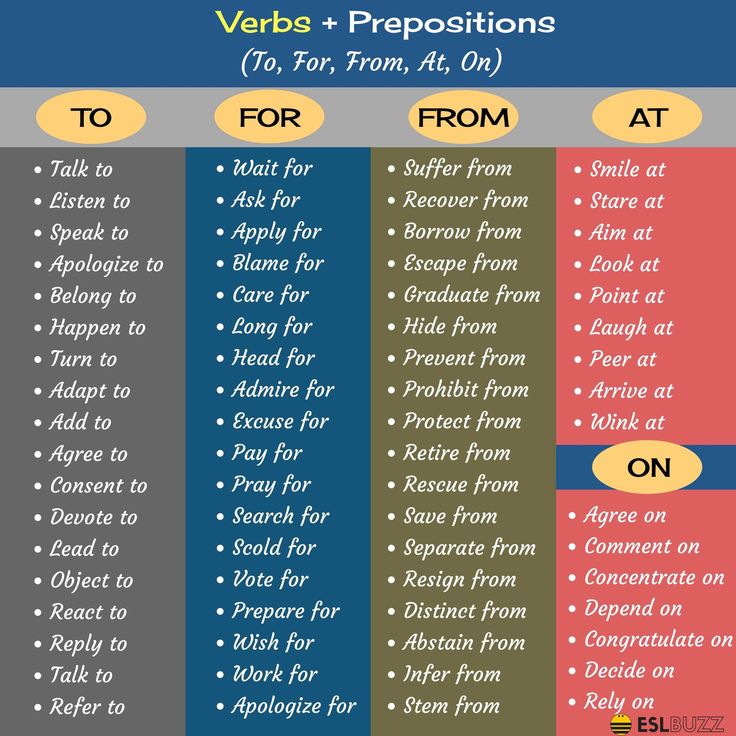
Step 3. Participants take turns drawing a word and spelling it out to their team without saying anything. The task of each player is to use the whole body to represent the letters of the word. The team, in turn, must guess what the word is, translate it, or pick up synonyms for higher levels and give an explanation.
Step 4. The team that guesses the most words wins.
Thus, the game version of the spelling exercises can speed up the memorization of difficult words. And most importantly, your students will no longer feel embarrassed by the question: “Can you spell it?”
comments powered by HyperComments
Support #Teachaholic if you find our work useful 💜
We have been developing the magazine on our own for more than 2 years, and now we really need your support!
If our materials at least once turned out to be useful to you, if you used them in your lessons and delighted your students with fresh ideas, you can tell us “Thank you” and make any comfortable contribution to our work in the form of a donation.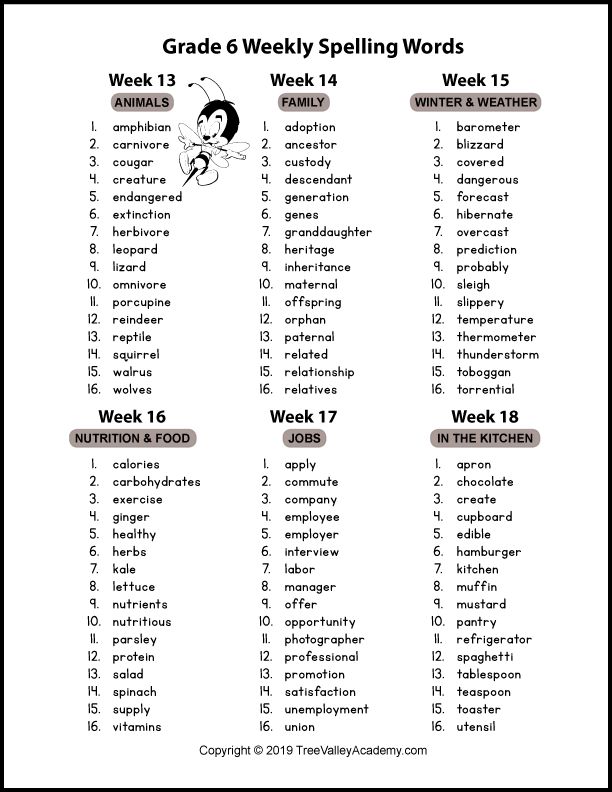
As a token of gratitude, we will send access to the webinar "Career prospects for an English teacher" to everyone who makes a donation, regardless of the amount.
Your Teachaholic.
#Teachaholic🧡
Hello, tichaholics! We have launched a new service for English teachers called "Methodological Assistance"👏👏
This is a service with which every teacher can get an assessment of the effectiveness of their lessons, an online consultation from an experienced methodologist and a clear plan for professional development!
Top 5 games to remember the spelling of English words
For many students, remembering how to spell a particular word is a kind of challenge. Especially when it comes to conscious or queue. If you don't practice writing in class, don't be surprised if your students write words the way they are pronounced.
Of course, no one canceled good old dictations, but over time they become less and less stimulating.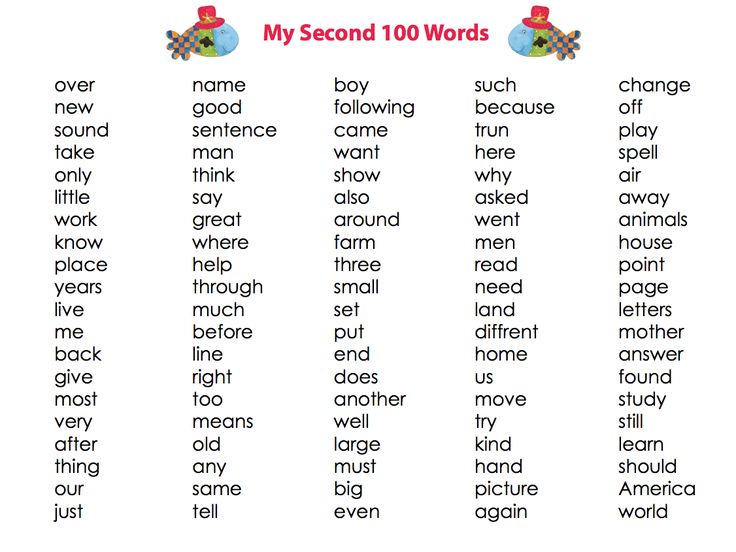 Spell checking may take quite a bit of time. Let's look at a few ways to quickly practice spelling skills in the whole group.
Spell checking may take quite a bit of time. Let's look at a few ways to quickly practice spelling skills in the whole group.
#1 Backward spelling
Divide the students into two teams. Make a list of the words you want to check beforehand.
The task is this - you need to spell the word, only backwards. Teams need to quickly guess what the word is and name it. Then one representative of the team should come out and write this word on the board.
The team receives additional points for correct spelling. If mistakes were made in the word, then the opposing team gets a chance to correct them. This also earns extra points. Thus, keep working through all the words from the list and do not forget to count the points to choose the winner.
#2 Memory game
This game is great for the warm-up part of your lesson. Before class, write on the board the words that your students have trouble spelling.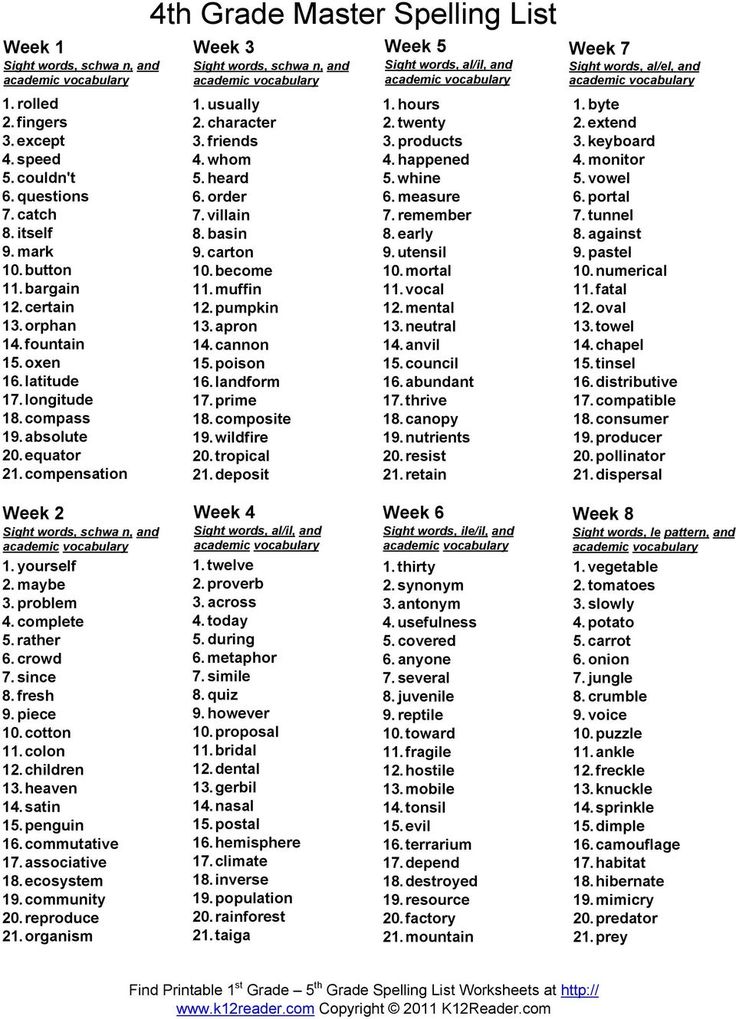 Try to squeeze in as many words as possible and fill the entire space on the board.
Try to squeeze in as many words as possible and fill the entire space on the board.
Divide the students into teams and ask them to look carefully at the blackboard and memorize as many words as they can (within 30 seconds). Then erase the words.
The students' task is to recreate a list of these words together within the time limit you set. The team that can correctly spell the most words from the list wins.
#3 Pass it on
Prepare in advance a short list of sentences including challenging words from your course. Students work in groups, for this they must stand or sit in a line - one behind the other.
Game conditions - you show the offer to the last players in the line. After looking at it for a few seconds, they must reproduce the sentence on their card. These students then show their proposal to the next player on their team, who must also write it down.
This is repeated until it is the first student in line to write the final sentence on the board.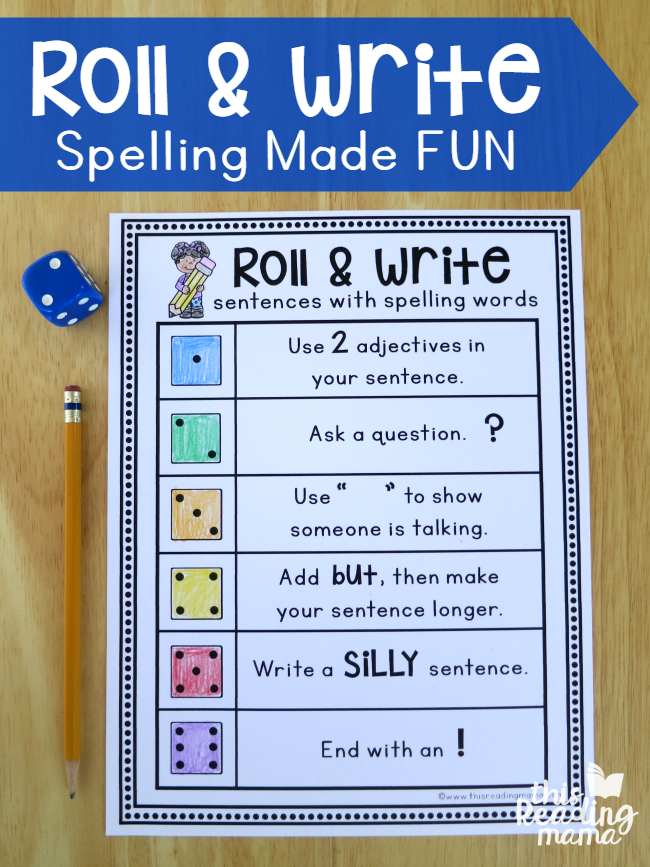 Make sure that students keep their cards for themselves, and do not pass them on to the next participants.
Make sure that students keep their cards for themselves, and do not pass them on to the next participants.
Players then change places and the first player in the line moves to the end of the line. The team that makes the fewest mistakes in writing each sentence wins.
#4 One sentence story
Students compete in teams again. This time you need to write a simple sentence on the board, for example: My neighbor bought a car. Participants will need to expand on this proposal with more details and write their version on the board.
Point out to students that the sentence still needs to make sense and be natural. The winner is the team whose sentence contains the most words and the fewest spelling errors. When compiling a sentence, you cannot use dictionaries or translators.
#5 My own mistakes
With this kind of assignment, you can replace feedback with writing assignments that your students had.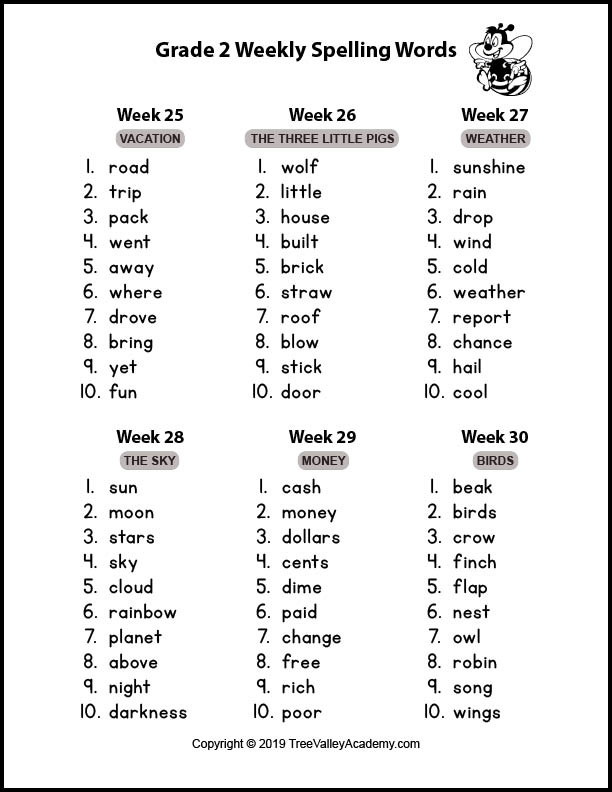 After checking the works, select the correct sentences from them and those that contain spelling errors. Make a list of these examples by shuffling them together.
After checking the works, select the correct sentences from them and those that contain spelling errors. Make a list of these examples by shuffling them together.
In class, divide the students into teams, each of which receives such a list. For a certain time limit (depending on the number of proposals), teams need to find and correct errors. Please note that this is only about spelling.
And, of course, the exercise is performed without dictionaries. The team that manages to correct the most errors correctly wins.
The advantage of using these games is that they make a great impression on students, which will help them remember certain vocabulary better. And the spirit of competition and unwillingness to let the team down will serve as an additional motivating factor.
Spelling is fun when it is properly done!
comments powered by HyperComments
Support #Teachaholic if you find our work useful 💜
We have been developing the magazine on our own for more than 2 years, and now we really need your support!
If our materials at least once turned out to be useful to you, if you used them in your lessons and delighted students with fresh ideas, you can say “Thank you” to us and make any comfortable contribution to our work in the form of a donation.